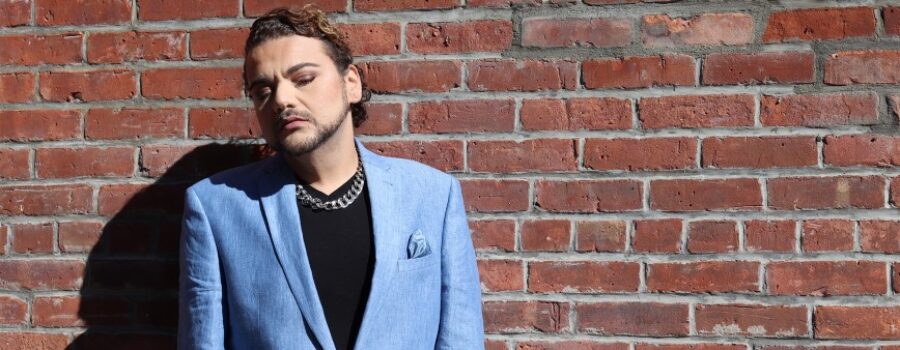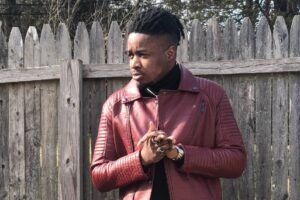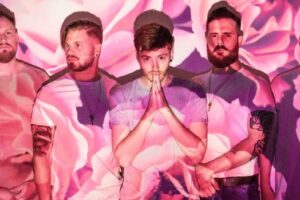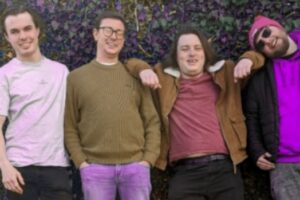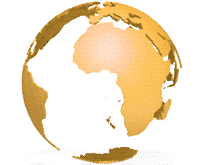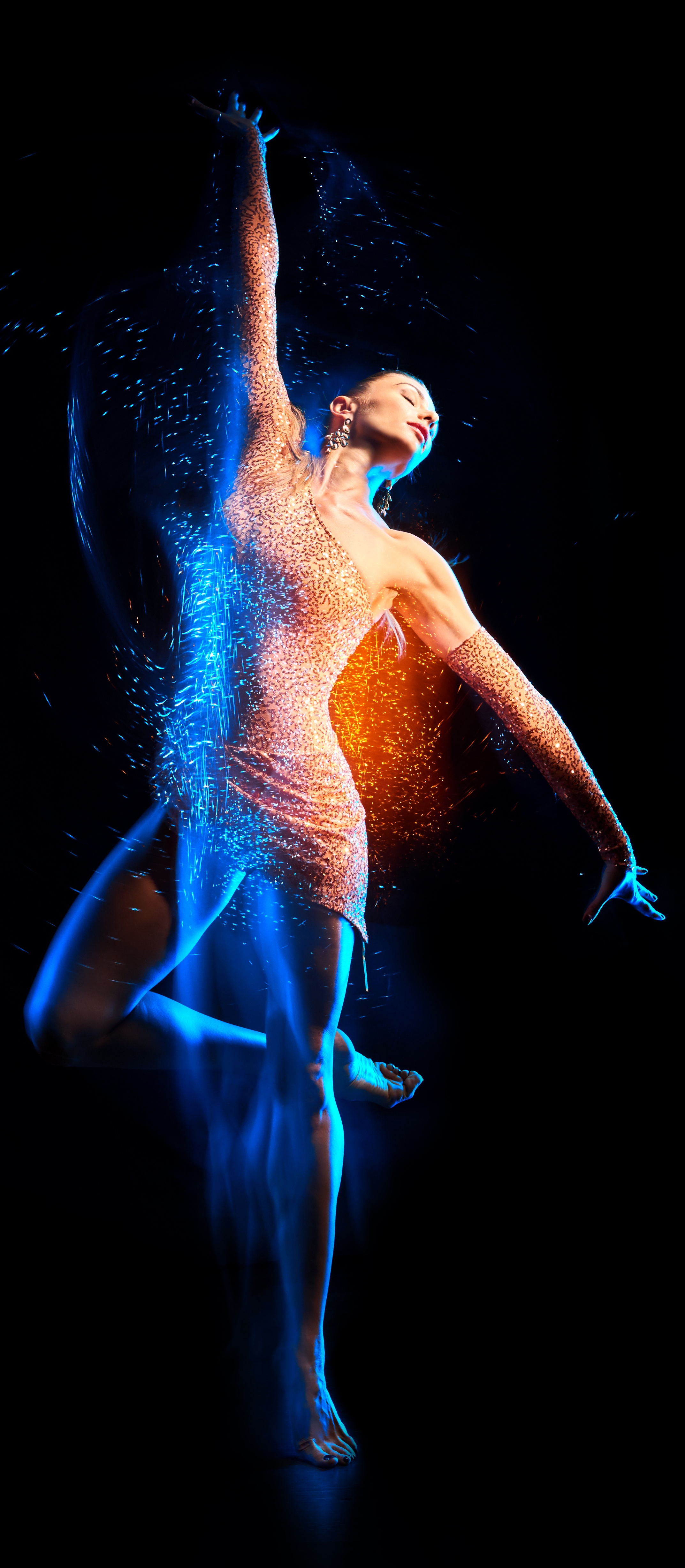As someone who has never left the west coast, it’s hard to imagine moving further than a few hours from the place I grew up. So when Ebro shared that he has gone from the US to Egypt while still in elementary school, I was curious as to how such a grand move impacted his life and how that in turn influenced his musical path as he grew into the pop dynamo he is today. We started there, but as the conversation moved forward we got into the importance of representation on multiple fronts, pop divas, and more…
Kendra: You went from New York to Egypt to New York City. With every move, did you feel like you were ever having to start your life over from scratch, or were you more focused on the continuous growth that was to had?
Ebro: I was seven-years-old when I moved to Egypt, but had visited Egypt twice before that. It was an adjustment because I left the life I had known up till then. Moving is hard enough for anyone, but especially for children.
For starters, I didn’t speak Arabic at the time and I didn’t understand the culture. I was just a little kid in a brand new kind of world. Everything was foreign to me. When you’re seven I think you just focus on being well-liked by your classmates and what’s the newest and coolest toy or cartoon. Unfortunately, the transition to living abroad wasn’t a smooth one. In the first two years, I found it difficult to make friends and acclimate to my surroundings.
On the other hand, when I moved to New York City I was optimistic and ready to take the world by storm. I was excited to see what the world had in store for me and I expected opportunity around every corner. The hardships and triumphs I’ve experienced thus far in life have taught me many lessons I now apply to my journey forward.
Kendra: What aspects of your time in Egypt do you feel helped shape your sound today?
Ebro: First, I would have to say that my vocal style has been shaped by the music I listened to during my time in Egypt. Men, especially, have big voices and generally have a high belting range, which I have adopted when it comes to my own vocal style.
The most obvious influence of Egypt on my music, in general, is that many of my tracks are in harmonic minor keys, as is the traditional music of the region. However, as time has passed, my music has changed, and now I feel my strongest inspirations are the great voices of Motown – especially the divas – as well as disco.
I love Lady Gaga, Beyonce, and other modern pop stars, and to a certain extent I hope to emulate them, especially when it comes to popularity and success, Lately, I’ve discovered a few tremendous vocalists from genres I wouldn’t normally listen to, like King Diamond and Klaus Nomi, and only time will tell if they will become influences as well.
Kendra: Over the past several years you’ve managed to release three EPs. How do you feel you’ve grown as an overall artist between ‘Desert Dream’ and ‘Feel Me?’
Ebro: In the beginning, I was so focused on being perfect right off the bat. I was so worried about showcasing my vocal prowess and how good I sounded. I also second-guessed the choices I made. I believe a lot of that had to do with being fresh out of university, where one had to try to perform better than any other student or one wouldn’t do well.
Now I just trust in the process of writing and to listen to my gut instinct. I have also learned to take more risks vocally and when it comes to music production. I’m more open to trying new techniques that may not be traditional. I have also learned that if you sing about what you know, people will relate to it. In the beginning, I felt pressure to sing about trending topics, even if they didn’t relate to me personally or inspire me. I never caved to that pressure, and I’m glad that I didn’t.
Kendra: You’ve gotten to perform a variety of places, including some Pride Festivals. Do you feel a certain level of responsibility representing the LGTBQ community from an Egyptian perspective?
Ebro: Now more than ever it is important to be visible and vocal for what and who you stand for. I may have been born in the United States but I am the child of immigrants, and people like me just weren’t visible in our media or my neighborhoods. I know what it’s like to not feel represented, and feel like you’re alone in the world.
Representation in culture is something that all minorities across the world need to fight for, so of course, I am thankful for the chance to contribute. I also know that helping to represent LGBTQ as well as African and Arab people comes along with a responsibility to be the kind of person others would want to help represent them, so I do my utmost to be that kind of person. I have faced a lot of adversity being an African as well as a member of the LGBTQ community, including from within and from outside those communities.
It’s important for people like me to be visible at pride in order to combat prejudice and show the world that one can be African, Arab, and gay and that there’s nothing wrong with that. Pride is an amazing way to celebrate the progress we’ve made in this country, but we must continue to educate and struggle in all nations and among all cultures to continue to achieve equity for all. The first pride was a riot, after all. We must not stop until we have equality for all humans, no matter their race, creed, gender, or sexual orientation. The differences we all have should be celebrated.
Kendra: On top of your music, you’re also into comedy, acting, and hosting. What elements of those have you been able to incorporate into your music and vice-versa?
Ebro: Due to my love of all forms of entertainment, my live shows are like a one-man, interactive variety show crossed with a lounge act. My music is the main focus, but I take time to interact with my audience, cracking jokes, and talking to them between songs. I’ve even played matchmaker at a show. I’d say that I spend about half as much time hosting and performing comedy as I spend singing my songs. I want people to feel like they got their money’s worth after they buy a ticket, I want them to remember the show, but more than anything I want them to have a moment in which they forget about their daily woes without even realizing it.
Kendra: With all that has transpired this year, how do you feel 2020 has shaped your creativity and drive moving forward?
Ebro: During these difficult times it’s important to put out art because so many people depend on it to cope with their daily lives. The message of love that resonates in my music is also more important for people to hear than it has ever been in my lifetime. The civil unrest caused by the police, the pandemic, the isolation, the hatred, and the insanity we all encounter in our lives has created a perfect storm of distress for many people.
The power of music is unmeasurable and in these dire times, I have remained productive, writing new songs and exploring new artistic directions that can reach people who are otherwise isolated. When you’re restricted to the confines of your home you discover a lot about yourself. I’ve had time to discover new artists as well as have time to hone my craft. With that being said it’s important that we continue on the journey for justice and equity for oppressed peoples, and that once this pandemic is over we not forget about how it happened and how many died as a result of poor leadership.
Kendra: Usually, this is where I ask people what they have planned in the coming months but with the world in a strange place right now, plans aren’t as concrete as they typically are. You can go ahead and let us know what you have tentatively planned but can you also share a song that never fails to get you through when the world around you feels like a mess?
Ebro: I recently wrapped on shooting a music video for my song, “Got to Move.” It was an exciting process, organizing and executing an independent shoot done with local freelance crew members, dancers, and actors, and I can’t wait to release the final cut. I’ve been in the studio over the past few weeks, working on some tracks I hope to release later this year. I’ve been singing live at socially distanced gatherings, which is the closest I can get to having a show until we get a vaccine. As for the songs that get me through, I’d have to say Diana Ross’ “If We Hold On” and Mariah Carey’s “Fly Like a Bird,” as those songs uplift me no matter how often I listen to them.

